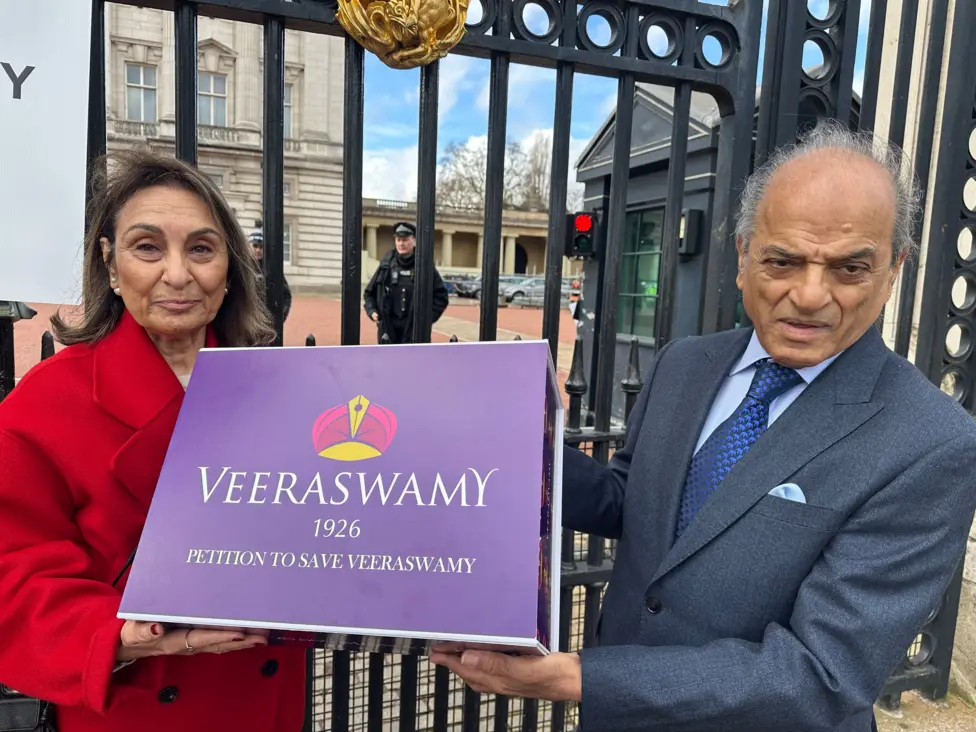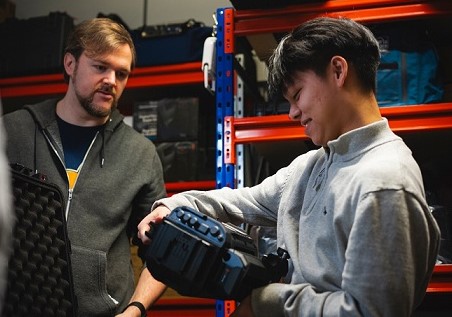The Black Country Chamber of Commerce are delighted to announce a new partnership with the Black Country Local Enterprise Partnership (LEP) moving forward for the next year on the Quarterly Economic Survey (QES).
The QES is the UK’s largest and representative independent business survey of its kind in the UK, which is collated by the British Chambers of Commerce. All UK accredited Chambers participate in the survey resulting in over 7,500 responses each quarter. Businesses are questioned on a wide range of issues, including: home sales and orders, export sales and orders, employment prospects, investment, recruitment difficulties, cashflow, confidence and price pressures.
The QES is the first economic indicator of the quarter, published in advance of official figures and other private surveys, and it consistently mirrors trends in official data. For this reason, the survey is closely watched by policymakers such as the Treasury, the Bank of England, the Office of Budget Responsibility, the EU Commission and the IMF.
The Black Country Chamber are looking to revamp the local survey with more in-depth analysis, quarterly presentation of the results and an increased response rate to make the data more impactful in the region. To achieve this goal, the Chamber is working with the Black Country LEP Economic Team so they can input their extensive knowledge and experience of local and national data to add further context to the results.
Corin Crane, Chief Executive of the Black Country Chamber of Commerce, commented: “Our Quarterly Economic Survey is a strong platform for the local business community to engage with monetary policymakers in Westminster. As a Chamber, we are looking forward to partnering with the LEP on this project to further enhance the economic representation of the region on a national scale.”
Stewart Towe, Chair of the Black Country LEP, added: “It makes perfect business sense for the LEP and Chamber to work together to share expertise to establish a full and meaningful view of the current economic landscape locally and regionally. Working collaboratively will enable us to engage businesses across the Black Country, in turn ensuring local businesses are able to influence national business policy.”

















